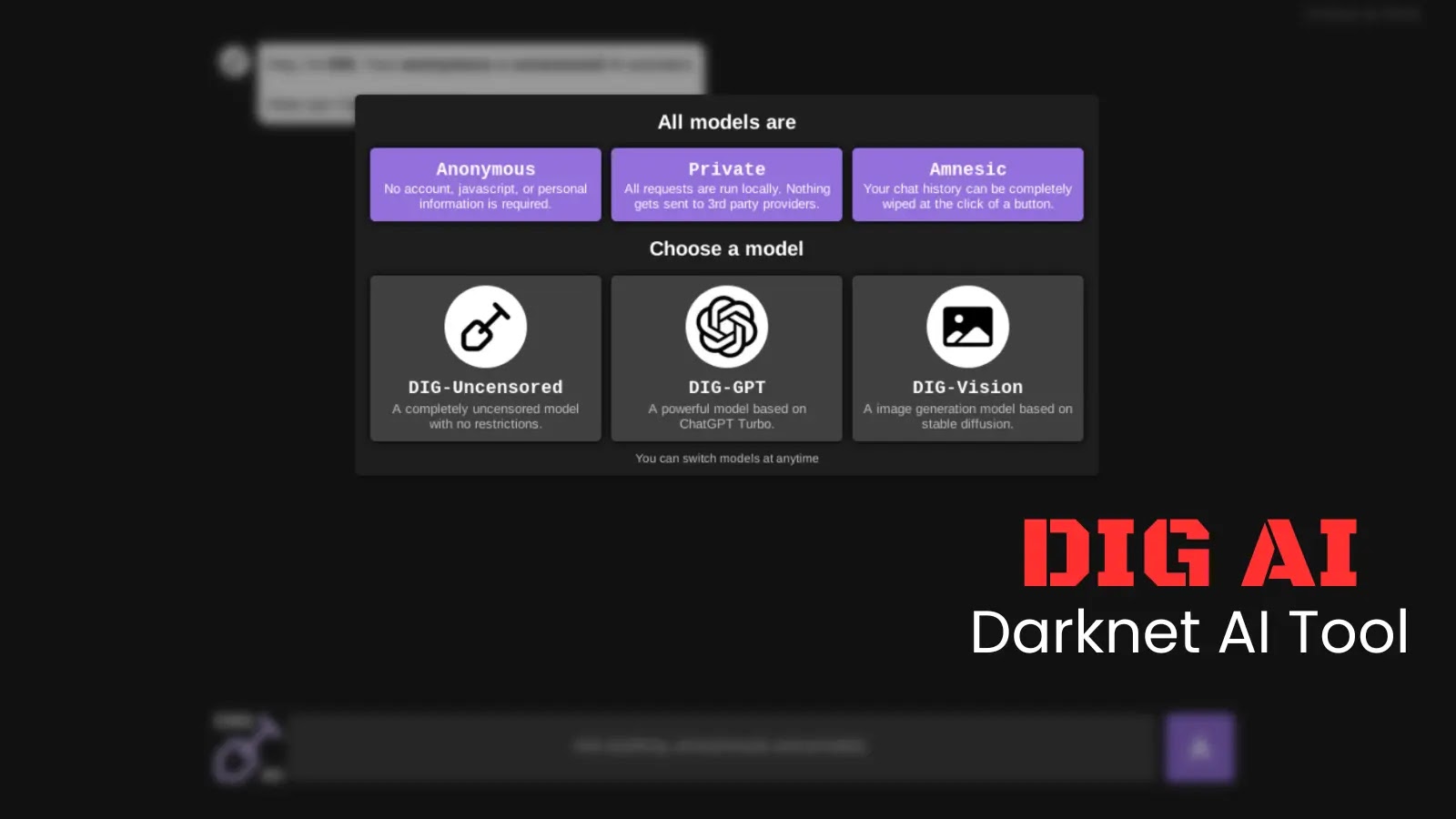In March 2025, MainStreet Bancshares, the parent company of MainStreet Bank, experienced a significant data breach affecting a portion of its customer base. The breach, which occurred through a third-party vendor, compromised the personally identifiable information (PII) of approximately 4.65% of the bank’s customers.
Incident Overview
MainStreet Bank, headquartered in Fairfax, Virginia, operates six branches across Virginia and Washington D.C., serving around 55,000 customers. The breach was identified in March 2025, prompting the bank to activate its incident response plan immediately. An internal investigation revealed that the bank’s own information technology systems and networks remained secure, with no unauthorized transactions or fund transfers detected. Customers continued to execute transactions without disruption.
Details of the Breach
The breach specifically targeted a merchant’s payment card environment, compromising cardholder data, including names, card numbers, and expiration dates. The exposure period spanned from April 17, 2023, to April 22, 2025. Importantly, there is no evidence to suggest that more sensitive personal information, such as Social Security numbers or MainStreet Bank account numbers, was affected.
Bank’s Response and Customer Notification
Upon discovering the breach, MainStreet Bank terminated its relationship with the compromised third-party vendor and took immediate steps to mitigate potential risks. The bank notified affected customers, providing detailed information about the incident and offering guidance on monitoring their accounts for any unusual activity. Customers were advised to remain vigilant and report any suspicious transactions promptly.
Industry Context and Security Measures
This incident underscores the persistent challenges financial institutions face in safeguarding customer data. The banking sector has witnessed a series of data breaches in recent years, often involving third-party vendors. Such breaches highlight the critical need for robust security measures and stringent oversight of external partners.
To enhance security, many banks are adopting advanced technologies, such as EMV (Europay, MasterCard, and Visa) chip-enabled cards, which offer greater protection against fraud compared to traditional magnetic stripe cards. EMV technology utilizes embedded microprocessors to store and process data securely, making it more difficult for unauthorized parties to replicate card information.
Customer Recommendations
In light of this breach, MainStreet Bank recommends that all customers:
– Monitor Account Activity: Regularly review bank statements and transaction histories for any unauthorized activity.
– Report Suspicious Transactions: Immediately notify the bank of any unrecognized or suspicious transactions.
– Utilize Credit Monitoring Services: Consider enrolling in credit monitoring services to receive alerts about potential fraudulent activities.
– Update Security Practices: Ensure that personal information is protected by using strong, unique passwords for online banking and other financial accounts.
Conclusion
The MainStreet Bank data breach serves as a reminder of the vulnerabilities inherent in digital financial transactions and the importance of proactive security measures. While the bank has taken steps to address the breach and protect its customers, individuals must also remain vigilant and adopt best practices to safeguard their personal and financial information.



